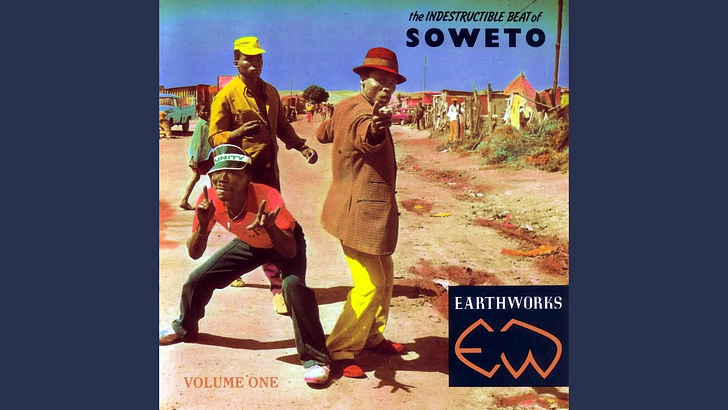In 1986, the government of South Africa was targeted with sanctions by much of the rest of the world over their Apartheid system. Specifically, UN General Assembly Resolution 35/206 (16 December 1980) stated: “The United Nations General Assembly request all states to prevent all cultural, academic, sporting and other exchanges with South Africa. Appeals…
Keep reading with a 7-day free trial
Subscribe to All Kinds Musick to keep reading this post and get 7 days of free access to the full post archives.




